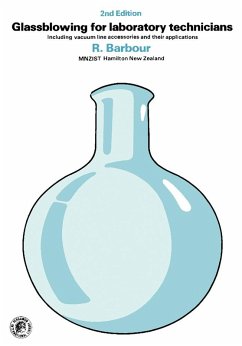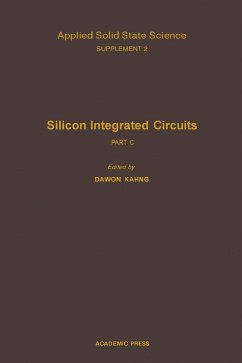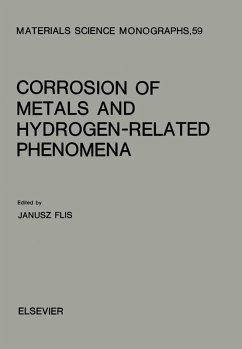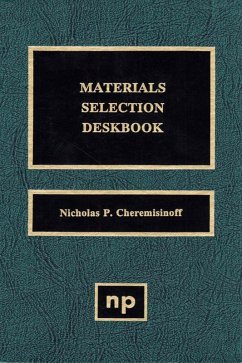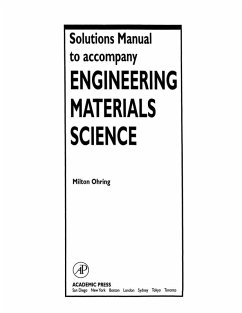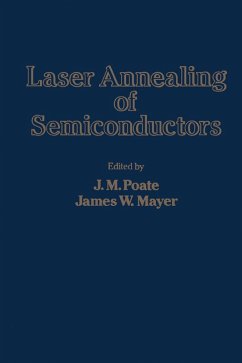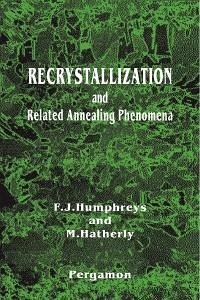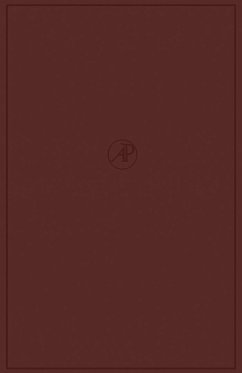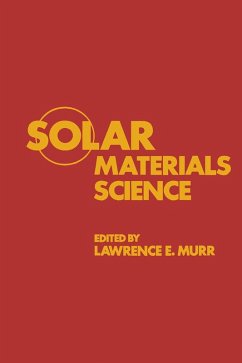
Treatise on Materials Science and Technology (eBook, PDF)
Ultrarapid Quenching of Liquid Alloys
Redaktion: Herman, Herbert

PAYBACK Punkte
20 °P sammeln!
Treatise on Materials Science and Technology, Volume 20: Ultrarapid Quenching of Liquid Alloys investigates the relationship between the science and utility of materials, with emphasis on the ultrarapid quenching of liquid alloys. Topics covered range from rapid solidification of non-metals and crystalline iron-base alloys to corrosion behavior of amorphous alloys. Experimental methods in rapid quenching from the melt are also discussed. This volume is comprised of nine chapters and begins with a historical overview of various methods that have evolved for producing rapidly solidified material...
Treatise on Materials Science and Technology, Volume 20: Ultrarapid Quenching of Liquid Alloys investigates the relationship between the science and utility of materials, with emphasis on the ultrarapid quenching of liquid alloys. Topics covered range from rapid solidification of non-metals and crystalline iron-base alloys to corrosion behavior of amorphous alloys. Experimental methods in rapid quenching from the melt are also discussed. This volume is comprised of nine chapters and begins with a historical overview of various methods that have evolved for producing rapidly solidified materials. The criteria for the formation of highly metastable states and how these relate to experiment are described. Subsequent chapters explore rapid solidification of non-metals; the industrial implications of rapid solidification of iron-based alloys by means of plasma spraying; annealing effects in metallic glasses; and the corrosion behavior of amorphous alloys. The mechanical properties of metallic glasses are also considered, along with the electrical properties of rapidly solidified materials. This book should be of interest to materials scientists and engineers as well as metallurgists, researchers, and students.
Dieser Download kann aus rechtlichen Gründen nur mit Rechnungsadresse in A, B, BG, CY, CZ, D, DK, EW, E, FIN, F, GR, HR, H, IRL, I, LT, L, LR, M, NL, PL, P, R, S, SLO, SK ausgeliefert werden.




